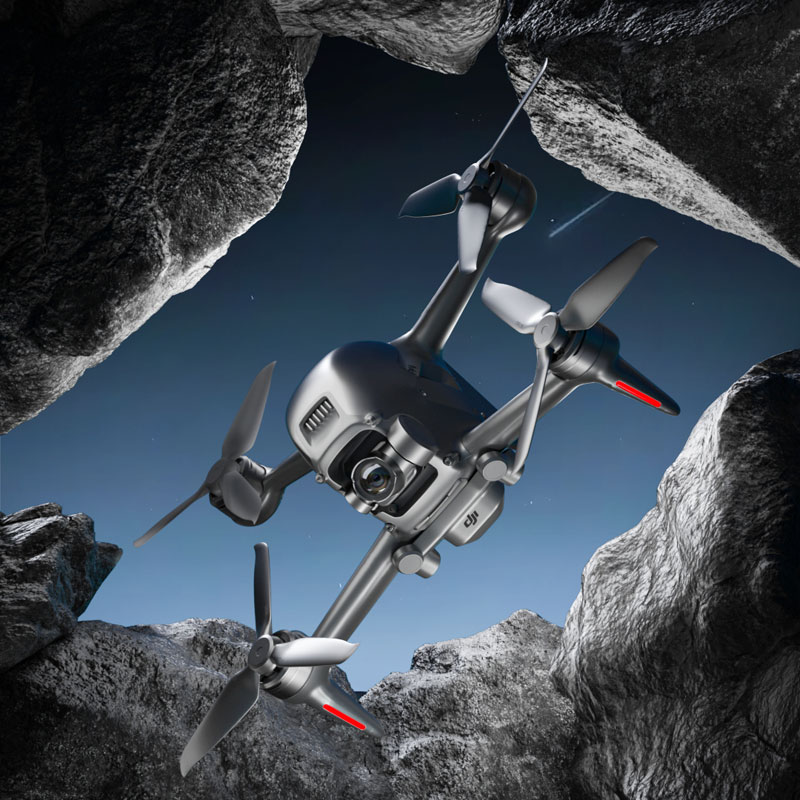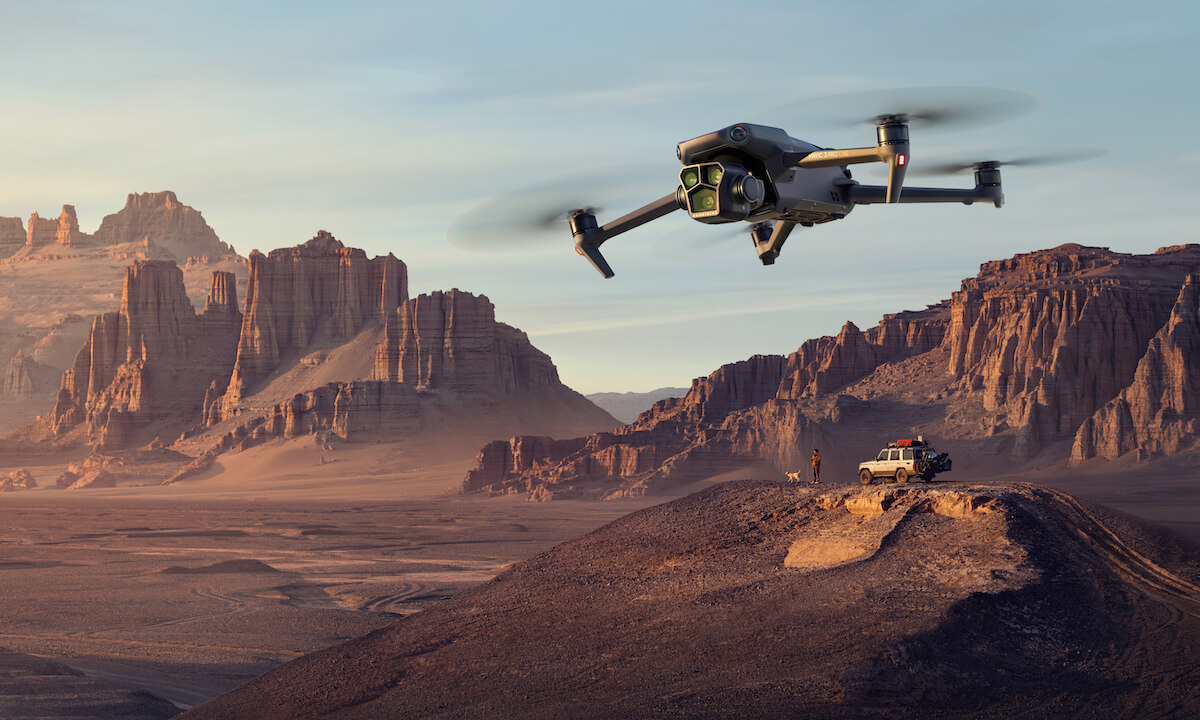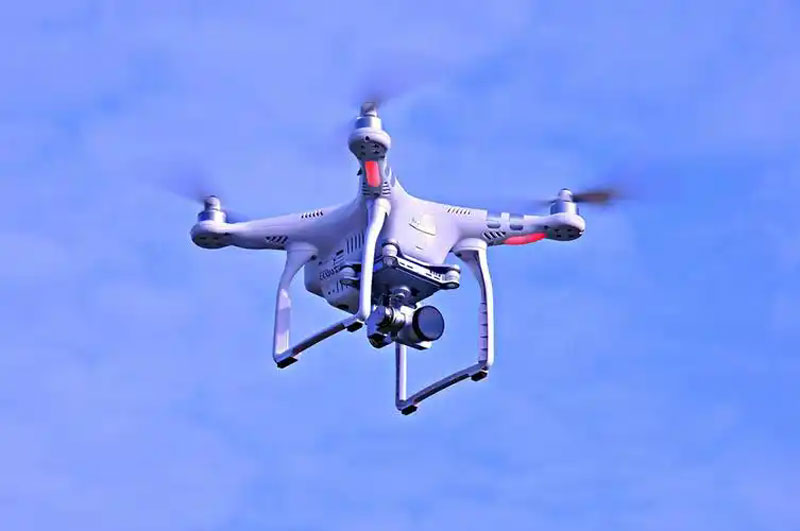Drones have become increasingly popular for both recreational and commercial use, but there may be times when these unmanned aerial vehicles (UAVs) invade your privacy or pose a security threat. Understanding how to legally take down a drone is crucial for maintaining privacy and safety while staying compliant with the law. Here we will explore some effective methods to legally disable a drone.
Interception and Disabling Techniques
One of the most effective legal methods is using radio frequency (RF) jammers. These devices interfere with the communication between a drone and its operator, essentially grounding the drone by disrupting its control signals. However, RF jammers are regulated and can only be used by authorized personnel, such as law enforcement.
Another viable option is geofencing, a technology that creates virtual boundaries around specific areas where drones are prohibited to enter. These geofenced zones automatically alert the operator when a drone approaches the restricted area, preventing it from entering.

Drone Detection Systems
Investing in drone detection systems can be an effective way to protect your property. These systems utilize radar, radio frequency scanning, and cameras to detect and identify drones within a specific vicinity. While detection systems do not physically disable drones, they provide vital information that could be used by authorities to respond and take further legal action.
Legal Precautions to Consider
Before attempting to disable a drone, it’s essential to familiarize yourself with local laws and regulations regarding drone operation and intervention. Unauthorized disablement of drones can lead to legal consequences, including fines or criminal charges. Consulting with an attorney or local government on drone laws can provide clarity and prevent legal issues.
Direct Contact with the Drone Operator

Sometimes, the simplest approach is to contact the drone operator directly. If a drone is repeatedly invading your privacy or seems to be improperly operated, approaching the operator and discussing your concerns can lead to a resolution without further legal intervention.
For commercial areas or neighborhoods, organizing community meetings to discuss drone safety and privacy concerns may also help create collective actions for addressing drone-related issues legally.
Technology Solutions
The technology industry continuously innovates solutions for maintaining control over drones. Anti-drone technology like drone capture nets or directed energy can sometimes be deployed, but it’s important to verify that such actions are compliant with local drone interference laws and regulations.

FAQs about Disabling Drones
Q: Is it legal to shoot down a drone trespassing on my property?
A: No, it’s illegal to shoot down drones. This could damage property and is against federal laws protecting airspace.
Q: Can I use electromagnetic interference devices on drones?
A: Only authorized personnel like law enforcement are permitted to use such devices due to strict regulations surrounding their use.
Q: What should I do if a drone is bothering me?
A: Contact local authorities and the drone operator. Use drone detection systems to gather evidence and work within legal frameworks to address the issue.
